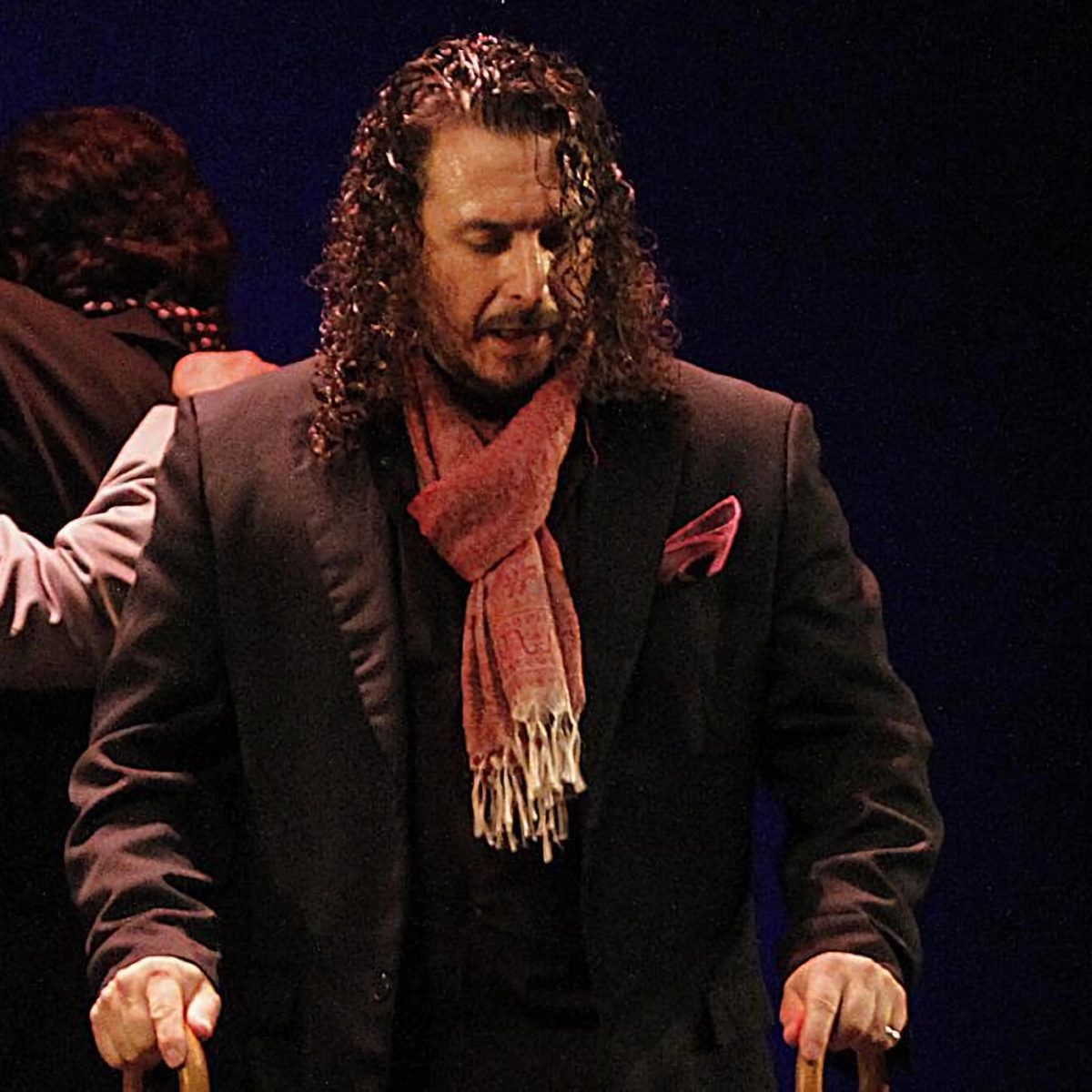Torombo
Performances at La Cantaora
“Dancer, gypsy, at the age of 29, Francisco José Suárez Barrera, known as ‘El Torombo,’ has never been to Buenos Aires. That is until he was given the opportunity at La Trastienda, where he will perform from Tuesday until Sunday, the 27th, with his show ‘Flamenco al Andalus.’ Joining him in the dance are his sister, ‘La Toromba’; Jairo Barrul, called ‘El niño Ramón,’ and ‘El Farruquito.’ They are accompanied by the guitarists Juan del Gastor, Martín Chico, and Raúl Perla; the singer Enrique Jiménez Moreno, ‘El Barreta,’ and the singer María Vizarraga.
He likes to talk. Words flow without pauses, and from there, his story unfolds.
“I am in my home, in a small town in Seville. I used to be among three thousand houses, but I moved to the countryside, where I am calmer and away from society. With the little cows, the chickens, my wife, Dolores, and my two girls, Lole, aged four, and Triana, aged five. There are beautiful things in the neighborhood. My entire family is there, and people immersed in our art, but there is also the problem of drugs. That’s why I wanted to distance myself from that environment.”
He was born in Triana, and unlike his wife’s ancestors, no one in his family had anything to do with flamenco.
“My parents made tiles for a living. The only ones with an artistic vein were my sister and me. It’s something that you have within. Although at parties, like weddings, baptisms, Easter, or Christmas, everyone shares the music and dance. Even in my mother’s womb, we heard the rhythm, and then, when born, the one who has sucked it in, releases it. I was dancing and singing since the age of 3. I was rewarded with little gifts. At 7, when my dad started working as a taxi driver in Seville, they took me to the typical tablados, and I got very excited.”
He began performing in those places encouraged by the great Farruco. “They would release me on stage alongside masters like him, Manuela Carrasco, and others of that lineage. My name is Francisco, but because of my very blonde hair, they called me François. ‘El Farruco’ took care of me, treated me like a son, and, considering my way of moving and my origin, decided that the French nickname didn’t suit me. Thinking that I was from Triana, that my parents were tile makers, and playing with names that started with ‘te,’ he came up with Torombo, and the nickname stuck. This term is also the name for the fire in which, in the past, sticks were placed to bend them, to tame them with flames.”
He also explains that Andalus (a word inserted in the title of his show) was the name the Moors, 700 years ago, gave to the land that later transformed into Andalusia.
“We, the gypsies, arrived later; that’s why I wanted to pay tribute to the predecessors, the Arabs, and those who came from India. There is much of that baggage in flamenco.”



